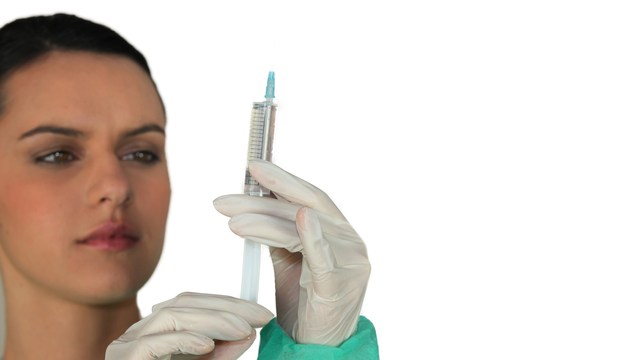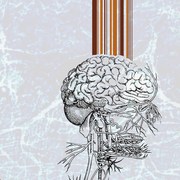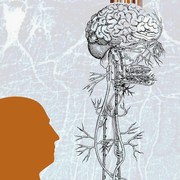There are numerous bacterial and viral illnesses that can cause meningitis and right now is a good time for a reminder about symptoms of meningitis, because in many areas mosquito and tick borne illnesses are increasing.
Meningitis is an inflammation of the lining surrounding your brain and spinal cord and is caused by bacterial or viral infection. Bacterial meningitis is typically far more dangerous than viral and requires treatment with antibiotics or it can cause severe disability or even death. Viral meningitis (also called aseptic meningitis) is treated with supportive care, or, basic symptom maintenance. This type of meningitis usually resolves in 7-10 days.
Meningitis is a medical emergency because at the beginning of symptoms you cannot tell whether it is viral or bacterial. The symptoms can be very sudden or they may develop over a day or two and progress quickly. Common symptoms of meningitis include high fever, severe headache, nausea, vomiting, stiff neck, confusion, and sleepiness. If you have these symptoms, you should get emergency medical care.
Both strains of meningitis are contagious and he best way to avoid them is good personal hygiene and avoidance of mosquito and tick bites. When meningitis is suspected, a spinal tap will determine the strain.
There are many bacteria and viruses that can cause meningitis, some more common than others. Some common spring viral sources are arboviruses carried and spread by mosquitoes and ticks. West Nile Virus is one example of an arbovirus.
The most common meningitis-causing viruses are enteroviruses. These are spread by fecal contamination and are commonly transmitted by children not yet toilet trained.
Some vaccines to prevent bacterial meningitis include the Hib vaccine, which is given to babies, some types of meningococcal (N. meningitides) bacteria and a strain of strep sometimes called pneumococcal meningitis (S. pneumoniae). Vaccines for these bacteria are given to age groups most likely to contract these strains.
The most important thing to remember is, if you have symptoms of meningitis, you should seek immediate medical care. Do not wait to see if it gets better. Bacterial meningitis must be treated with antibiotics as early as possible to be cured.
Sources:
The Centers for Disease Control and Prevention
http://www.cdc.gov/meningitis/about/faq.html
The National Institute of Neurological Disorders and Stroke http://www.ninds.nih.gov/disorders/encephalitis_meningitis/encephalitis_meningitis.htm





Add a CommentComments
There are no comments yet. Be the first one and get the conversation started!